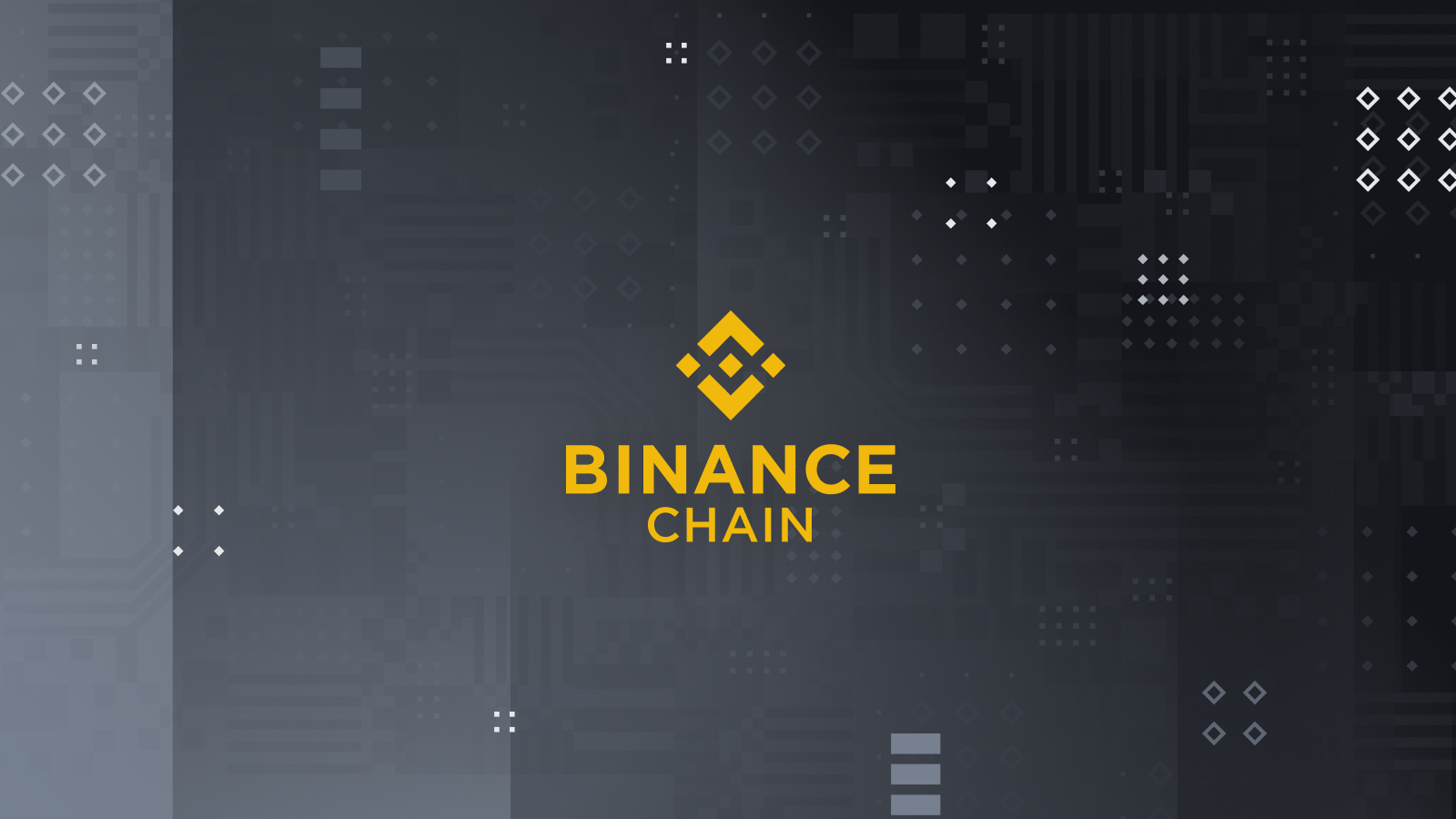Chains
BNB Beacon Chain
BNB ecosystem’s staking & governance layer
Staking
Earn rewards by securing the network
Build
Explore
Accelerate
Connect
Careers🔥
Explore Opportunities on BNB Chain
Build Binance Smart Chain Applications Faster with Curvegrid’s MultiBaas Blockchain Middleware

Binance Smart Chain (BSC) is now supported as a first-class blockchain platform on Curvegrid’s MultiBaas blockchain middleware. MultiBaas helps get decentralized applications (DApps) to market quickly, easily, and in a cost-effective manner by taking much of the complexity out of dealing with blockchain.
BSC is a drop-in replacement for Ethereum, with full support for smart contracts The major difference is that BSC uses Proof of Staked Authority for its consensus model vs. Proof of Work for Ethereum Mainnet. This means faster block times (3 seconds on average) and lower transaction fees.
Below, we highlight two use cases: one for online games with The Sandbox and another for DeFi with Aave. We’ll demonstrate how easy it is to build complex DApps on BSC with MultiBaas.
Why use MultiBaas for Binance Smart Chain
Building on blockchain is hard. Businesses expend significant resources to hire blockchain developers, set up blockchain infrastructure, and connect existing applications and processes to the blockchain. Extracting data from the blockchain is tedious, and posting data back to the blockchain complex and error-prone. MultiBaas makes all of this easy.
Here’s where MultiBaas fits in with your application and Binance Smart Chain:
MultiBaas provides the key building blocks in a single package, delivered in the cloud, with optional on-premise deployment. Software developers with little to no blockchain experience will immediately be at home with the familiar REST API. Role-based access control, two-factor authentication, and audit logs keep things secure. Separate deployments with independent permissions and configuration can be designated for development, test, and production, making it easy to integrate with a continuous deployment pipeline.
Case study: The Sandbox’s Asset Smart Contract
The CurveGrid team simulated in a testing environment a very practical case built upon the open source smart contracts from one of its key partners, The Sandbox - which is also one of the most anticipated blockchain games of 2020.
The Sandbox is a gaming virtual world with the ability for players to create game experiences and game items, and then own, sell, auction, and trade them on the Ethereum blockchain. One of the smart contracts, Asset.sol, is an advanced ERC-1155/ERC-721 hybrid non-fungible token (NFT) that is extremely efficient for managing in-game items (assets) on the blockchain. It is backward compatible, and also introduces a unique second layer community curation mechanism right into the token.
In the future, as a game scales to hundreds of thousands of active players, Binance Smart Chain could possibly be used as an efficient platform to track the on-chain players rewards, game state and in-game asset ownership. MultiBaas is the toolkit that makes interacting with new and legacy NFT token types easy, allowing game developers to focus on the game itself. For example, transactions can be signed by an enterprise wallet that also pays gas fees. Players can start out with centrally managed wallets to reduce friction.
When it comes to querying game state, MultiBaas’ Event Queries make retrieving current and historical data easy. Build a query in the web UI, access it via the REST API, and receive results in milliseconds. We deployed The Sandbox’s Asset.sol smart contract to the BSC Test Network, and minted and traded some fictional gold and fruit. We used MultiBaas’ Event Queries to quickly provide a view of how these assets are moving around. Using MultiBaas’ REST API, it would be trivial to then integrate this into a game engine.
Case study: Aave decentralized lending platform
We also deployed the Aave decentralized lending platform to the Binance Smart Chain Test Network. The complete Aave platform consists of dozens of smart contracts, and has a complex setup procedure. We generated a MultiBaas API key, assigned it the appropriate permissions, and then used it with a simple script to setup and initialize a complete Aave ecosystem on the BSC Test Network, including minting aTokens and depositing them to a Lending Pool.
For any kind of decentralized finance (DeFi) application, MultiBaas can be used as a platform for a dashboard, trading system, or multisignature governance DAO. MultiBaas makes it simple and fast to manage complex networks of smart contracts. The MultiBaas for Google Sheets plugin makes it possible to read and write from and to the blockchain from the comfort of a spreadsheet, much as Aave has done for their interactive spreadsheet dashboard.
Blockchain made easy with MultiBaas
Blockchain complexities such as chain reorganizations and node management are handled automatically by MultiBaas. Type Conversions help with pre-processing and post-processing of results, for example, to automatically shift decimals for DeFi applications. At the same time, the full power of the Binance Smart Chain is available, as MultiBaas low-level function calls as well.
A common challenge for enterprises is key management. MultiBaas supports standard web3, hardware, and enterprise wallet transaction signing. Built-in multi-signature wallet support and complex transaction composition is available for creating complex DAO governance setups from a single API.
Having quick access to current and historical blockchain data is a difficult but important part of building any decentralized application. This is needed to list token balances, display the state of a shipping manifest, or show a game character's attributes. To solve this complex problem, Event Queries provides easy aggregations for complex blockchain event data in a single API call.
How to get started
MultiBaas is powering blockchain-connected online games, financial services applications, central bank digital currencies, loyalty points, document management, electronic signature, and DeFi. Our tutorial will walk you through everything you need to know to sign up and get started at curvegrid.com, launch a Binance Smart Chain MultiBaas deployment on mainnet or the test network, and access our documentation. We’d love to hear from you! Get in touch to continue the conversation.